
Integration on Trial: EU disintegration is still possible and the theories behind supernational governance offer little guidance
It is right to ask questions about a possible European disintegration. But we won’t find answers by looking at integration theory. Indeed, many theories have sought to explain why and how supranational governance develops, but, as I argue in a recent essay, many of them give us only a little hint as to why, when and how supranational competences can be repatriated. In this essay, and this post, I examine two of the most influential ones: ‘neofunctionalism’ and ‘intergovernmentalism’.
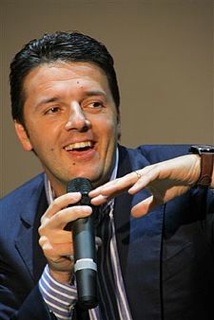
The Liberal Revolution of the Italian Left
The Italian left, heirs to the strongest communist party in Western Europe and a powerful Catholic political tradition, is struggling to adjust its values and political agenda to the new needs and constrains of the modern globalised world. As the Democratic Party seems set to win Italy’s general elections next year, and thus take control of the third largest economy of the Eurozone, such ideological adjustment is now particularly urgent.
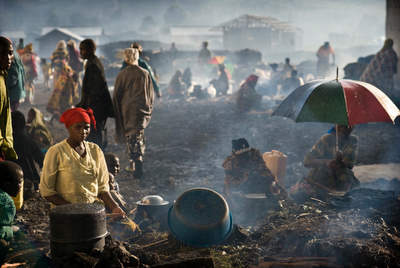
Humanitarian Ethics: Balancing theory and practice
On December 7th the Saïd Business School’s Centre for Entrepreneurship and Innovation hosted a seminar entitled “Protecting Civilians: Oxford and Oxfam working together on the ethics of war, weapons and humanitarian aid.” The seminar showcased two projects led by the Oxford Institute of Ethics, Law and Armed Conflict (ELAC) that engage with outside actors to leverage humanitarian ethics in humanitarian crises and armed conflicts.
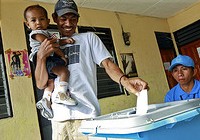
In Timor-Leste, deepening democracy means ongoing international support for electoral authorities
The Report of the Global Commission on Elections, Democracy and Security identified building professional, competent electoral management bodies (EMBs) as one of the five major challenges that must be overcome to conduct elections with integrity.
There is more to it, though. East Timor, for example, has EMBs. And it has made demonstrable progress in its elections since independence. But its EMBs still need help.
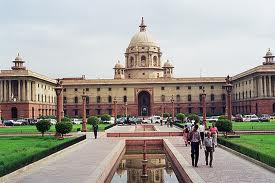
Deepening Democracy in India: Fine-tuning rules and procedures to strengthen parliamentary oversight on the government
The Deepening Democracy report by the Global Commission on Elections, Democracy and Securitydiscusses the importance of improving the integrity of elections. While fairness, funding and conduct of elections undoubtedly is a concern that citizens espouse worldwide, that in itself may not be a panacea to fulfil the function of representative democracy. Sometimes democracy itself is undermined in democratically elected Parliaments due to rules biased towards the elected government, and not giving sufficient power to opposition members and independent members of Parliament to voice their concerns.

Deepening Democracy Means Looking Beyond Elections
We must remember that democracies are not self-executing systems; they stand on complex political institutions that reflect the political power of the citizenry. For many countries, then, the challenge is keeping the population constructively engaged in the democratic process following successful free and fair elections.
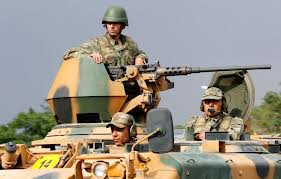
IR Analysis: The Arab awakening has sparked a foreign policy shift in Turkey and Qatar
The Arab awakening arguably represents the most important transformation of Middle Eastern politics since the end of colonialism. How will the regional powers adjust their foreign policies to the new regional environment is however still extremely uncertain. This uncertainty is partially due to the well-known inability of international relations scholars to make assured predictions, but also to the fact that the dynamics of foreign policy shifts are still widely overlooked and generally misunderstood in the scientific literature. Is ‘foreign policy change’ a mere adaptation to changes taking place in the domestic arena, as argued by most IR liberals? Or is foreign policy behaviour wholly dependent on the international distribution of power, as argued by realists? Or is there room for autonomous decisions that are not only reactions to exogenous sources of change, but are purposive and proactive actions in their own right?
The Arab awakening will most likely be a crucial case study to test each of these hypotheses.
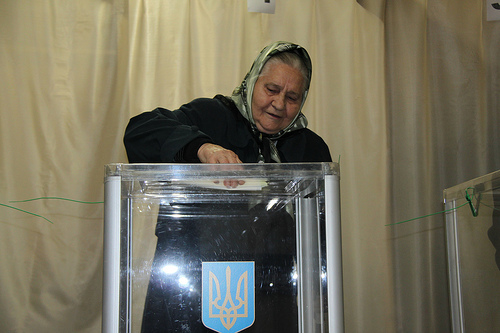
Ukrainian elections 2012: Another demonstration on how money and fraud can keep hold of power
Ukrainian politicians have special talent for surprising the international community. First are the results. More eyebrow-raising is special way of organising them. This time Ukraine’s parliamentary elections, held back at the end of October, started quite well. But while the voting process itself has been described as fair by most international observers, the political campaign and the actual counting of the votes – no doubt the most important part of the democratic election process — has been characterized by the abuse of power, the excessive role of money, extraordinary events such as power cuts in the polling stations, fights between representatives of the parties, accusations of fraud and scandals in denying observers access to polling stations.









